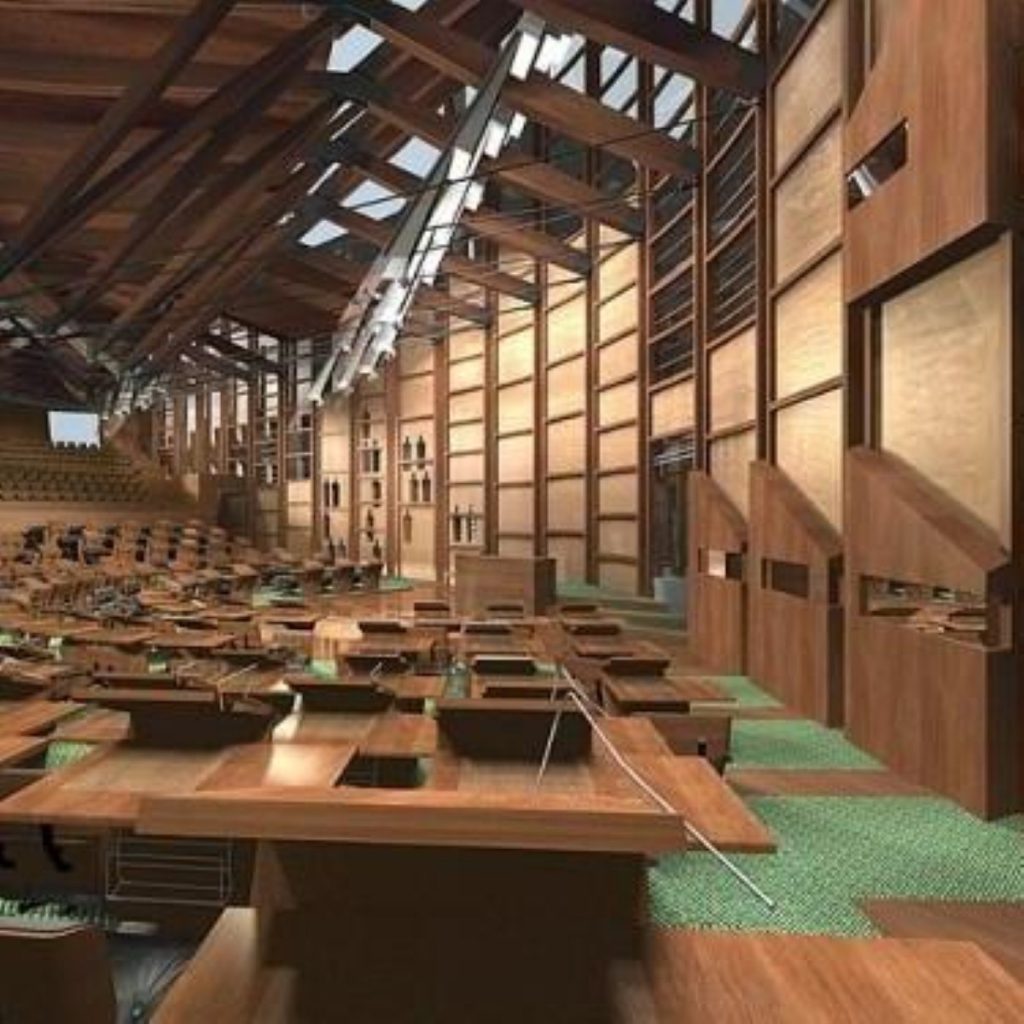Executive promises crack-down on marching season
Marches and parades in Scotland will be subject to tough new restrictions after the Scottish Executive confirmed they would be accepting all of the recommendation of Sir John Orr’s review.
Key changes include requiring organisers to give 28 days notice to local authorities and police of their intention to march (up from the current seven).
Sir John said that his proposals will strike the balance between the right to march, and the rights of communities to live and work without disruption. As such, he said “ordinary people” should have a greater say in whether a march should be granted permission to proceed.
Councils would also be able to compel organisers to take out insurance or provide a behavioural bond, and bands playing at parades should name one individual responsible for the conduct of the band and its supporters. Organisers would also be responsible for providing stewarding.


He however rejected the suggestion that there should be a single authority responsible for licensing parades and marches, arguing that this should remain the responsibility of local authorities.
Launching his findings, Sir John said: “I believe these recommendations, when taken together as a package, will professionalise and improve the way decisions about processions are taken.
“There is no need for a new body to take decisions on processions in Scotland. Local authorities should remain responsible but they need the right powers to support them in that duty. That means enabling them to take into account a wider range of issues when reaching their decisions. We need to ensure local people are better informed, that disruptions to communities are minimised and that the conduct of those involved in such events is improved.”
Justice Minister Cathy Jamieson said that the Executive would accept all of the recommendations, and would aim to have legislation in place to extend the notice period by the 2007 marching season.
In the meantime, she said discussions would begin with the police on how to implement the recommendations and create a joint working group of police and local authorities, in time for the 2005 season.
Ms Jamieson said: “This subject was and remains a sensitive and emotive issue – not just in Scotland but elsewhere in the UK and overseas. The right to march is a powerful visible sign of a robust democracy. But hand in hand with those rights come responsibilities. That is the balance that needs to be struck – and that is the balance that many believe has been lost in recent years.”
She added: “The First Minister has made it clear that in his view, there are too many marches in some parts of the country. However, he has also made clear that it is for communities themselves – better informed and with more powers – to work with their locally-elected, democratic representatives in local government to take decisions to change that.
“This package of reforms, and the steps we will take to implement them, will give communities and local authorities the strength they need to strike the right balance. And, taken together, those decisions will help Scotland to step forward as a modern, tolerant, inclusive country – a nation bursting with opportunity, not a state living in fear.”
Scottish National Party deputy leader Nicola Sturgeon urged the Executive to make sure that the report’s recommendations are acted on and ensure sufficient money is made available.
Ms Sturgeon said: “Sectarianism has no place in modern Scotland. Individuals have the right to peaceful assembly, but communities have rights too.
“Nearly 2,000 marches take place in Scotland every year and that’s too many – especially when we consider that certain communities have to put up with far more than their fair share.”
Sir John was commissioned by First Minister Jack McConnell to carry out a review of parades and marches in Scotland in June 2004. During the course of his investigation, Sir John spoke to parade organisers, the police, local authorities and communities as well as visiting Northern Ireland to view the role of the Parades Commission.
In 2003, there were 1,712 notified processions in Scotland, which attracted a policing cost of £1.5 million.











